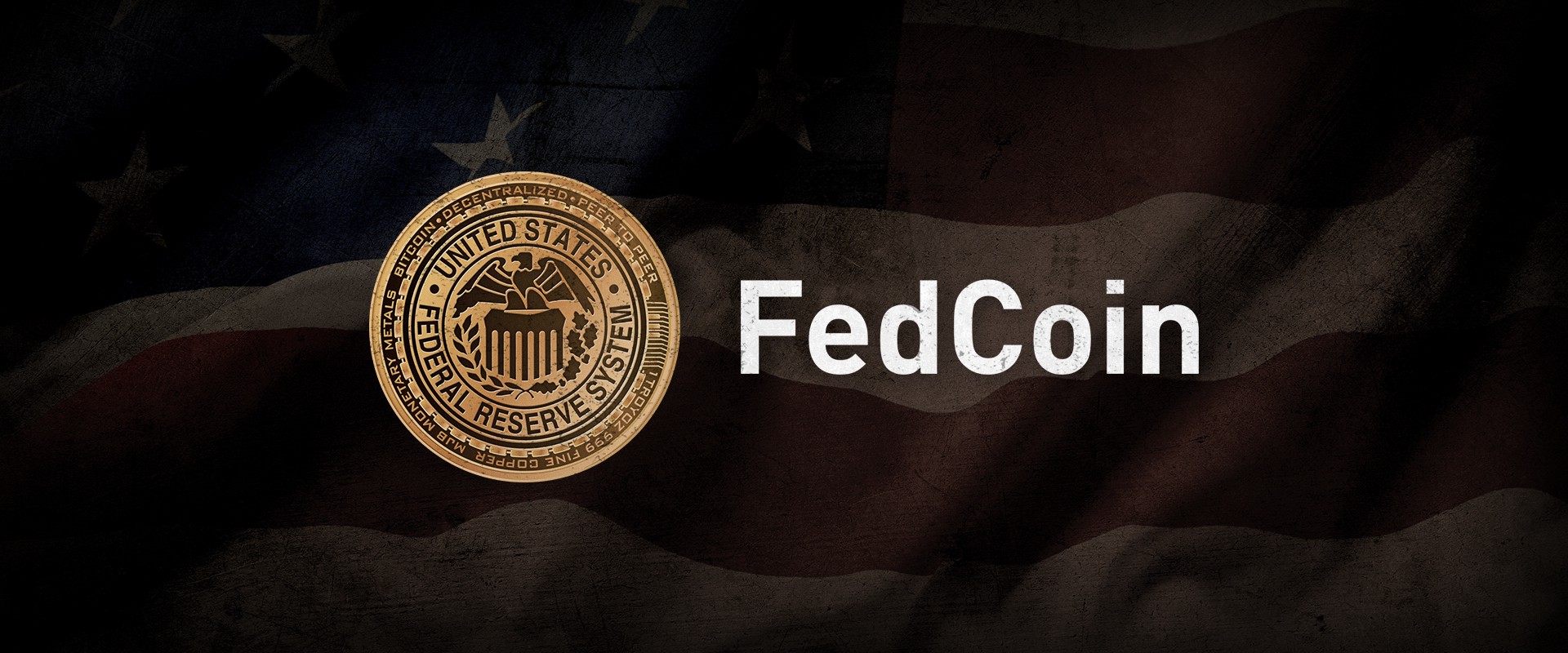PALO ALTO, Calif. (Reuters) - The Federal Reserve is looking at a broad range of concerns around digital payments and currencies, consisting of policy, design and legal considerations around possibly issuing its own digital currency, Governor Lael Brainard said on Wednesday. Brainard's remarks recommend more openness to the possibility of a Fed-issued digital coin than in the past." By transforming payments, digitalization has the possible to deliver higher worth and benefit at lower expense," Brainard said at a conference on payments at the Stanford Graduate School of Business.
Main banks globally are disputing how to manage digital finance technology and the dispersed journal systems utilized by bitcoin, which assures near-instantaneous payment at potentially low cost. The Fed is establishing its own round-the-clock real-time payments and settlement service and is currently examining 200 remark letters submitted late in 2015 about the suggested service's style and scope, Brainard stated.
Less than two years ago Brainard told a conference in San Francisco that there is "no engaging showed need" for such a coin. However that was before the scope of Facebook's digital currency aspirations were commonly understood. Fed authorities, including Brainard, have raised issues about customer protections and information and personal privacy hazards that could be postured by a currency that might come into usage by the third of the world's population that have Facebook accounts.
" We are working together with other main banks as we advance our understanding of reserve bank digital currencies," she stated. With more countries checking out issuing their own digital currencies, Brainard stated, that contributes to "a set of factors to likewise be making certain that we are that frontier of both research study and policy development." In the United States, Brainard said, problems that require research study include whether a digital currency would make the payments system much safer or easier, and whether it could position monetary stability threats, including the possibility of bank runs if money can be turned "with a single swipe" into the main bank's digital currency.

To counter the financial damage from America's extraordinary nationwide lockdown, the Federal Reserve has taken extraordinary actions, consisting of flooding the economy with dollars and investing directly in the economy. The majority of these relocations got grudging acceptance even from lots of Fed doubters, as they saw this stimulus as required and s3.us-west-1.amazonaws.com/brownstoneresearch3/index.html something only the Fed might do.
My brand-new CEI report, "Government-Run Payment Systems Are Hazardous at Any Speed: The Case Against Fedcoin and FedNow," details the risks of the Fed's current strategies for its FedNow real-time payment system, and proposals for central bank-issued cryptocurrency that have actually been called Fedcoin or the "digital dollar." In my report, I talk about concerns about personal privacy, data security, currency control, and crowding out private-sector competitors and innovation.
Supporters of FedNow and Fedcoin state the government should produce a system for payments to deposit instantly, instead of motivate such systems in the personal sector by raising regulative barriers. But as kept in mind in the paper, the personal sector is offering an apparently endless supply of payment technologies and digital currencies to resolve the problemto the extent it is a problemof the time space between when a payment is sent and when it is gotten in a savings account.
And the examples of private-sector innovation in this location are many. The Cleaning House, a bank-held cooperative that has actually been routing interbank payments in different types for more than 150 years, has actually been clearing real-time payments because 2017. By the end of 2018 it was covering half of the deposit base in the U.S.